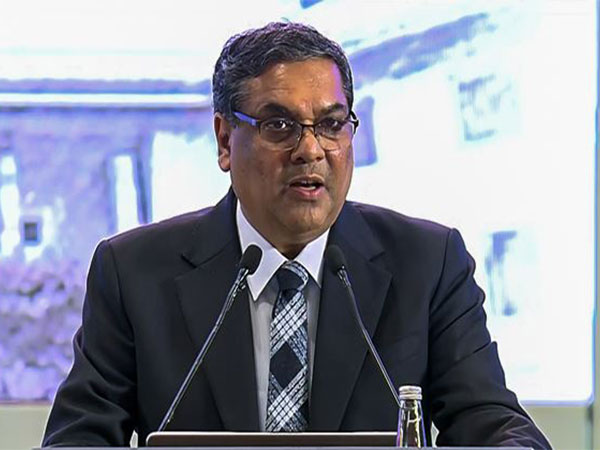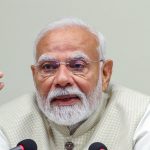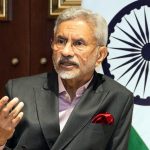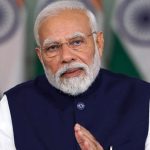Justice Sanjiv Khanna was sworn in as the 51st Chief Justice of India (CJI) by President Droupadi Murmu at Rashtrapati Bhavan in a brief ceremony on Monday. Khanna has been part of benches in the Supreme Court that heard important judgments including upholding the abrogation of Article 370.
CJI Khanna was also part of the bench that scrapped the electoral bonds scheme passed in the Parliament earlier.
Khanna took the oath in English, in the name of God, bearing his allegiance to the Constitution of India ensuring that he will perform the duties of his office without fear or favour, affection or ill will.
The event was attended by Vice President Jagdeep Dhankhar, Prime Minister Narendra Modi, Defence Minister Rajnath Singh, Law Minister Arjun Ram Meghwal and several other Union Cabinet ministers, who graced the occasion with their presence.
Justice Khanna, who has served as a judge in the Supreme Court and Delhi High Court, succeeds former CJI DY Chandrachud. Khanna will serve a six-month term as the 51st CJI.
In addition to the judges, the function was also attended by other legal luminaries, government officials, and key political figures.
The participation of retired judges, including retired Chief Justices, adds a layer of respect and tradition, acknowledging the contributions of former members of the judiciary while also emphasizing the collaborative and collegial nature of the Indian legal system.
The Government of India recently issued a formal notification appointing Justice Sanjiv Khanna as the next Chief Justice of India, effective from November 11, 2024. The Ministry of Law and Justice, in its notification, confirmed that the President, under clause (2) of Article 124 of the Constitution of India, has appointed Justice Khanna to the highest judicial post in the country.
Justice Khanna, who was born on May 14, 1960, began his legal career in 1983 by joining as an advocate with the Delhi Bar Council. He has experience in a wide range of legal fields, including constitutional law, taxation, arbitration, commercial law, and environmental law. Justice Khanna also worked as senior standing counsel for the Income Tax Department, representing the National Capital Territory of Delhi.
On his last working day, outgoing Chief Justice of India, DY Chandrachud, became emotional as he reflected on his tenure, saying, “There is no greater feeling than being able to serve those in need.”
In his heartfelt farewell speech on Friday, CJI Chandrachud shared his journey from being a law student seated in the back row to presiding over the Supreme Court.
He expressed the honour of serving the nation and highlighted how each day in office offered opportunities for both professional growth and personal development. (ANI)








